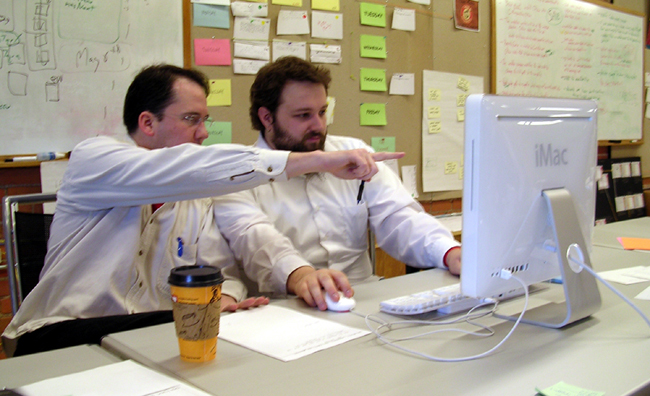Oprah, the Alabama Crimson Tide, and how to adjust to change
This year’s NCAA national football championship was won in dramatic fashion by the University of Alabama.
Most remarkable was that the game was actually a tale of two halfs. The first half was dominated by the Georgia Bulldogs, and the second by the Alabama Crimson Tide.
Alabama’s coach Nick Saban recognized that they couldn’t win doing what they’d been doing in the first half. At halftime, he brought in freshman quarterback Tua Tagovailoa. Saban felt Tagovailoa would have a better chance given his superior passing game. It was risky, but Saban felt he wasn’t going to win by doing what he’d been doing.
In the software development world, this process of trying something, seeing what happens, and then adjusting accordingly is known as agile development.
What’s agile development got to do with Oprah Winfrey?











